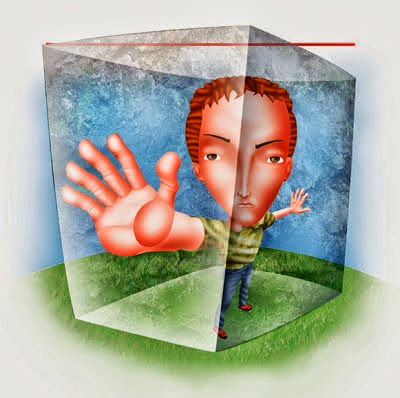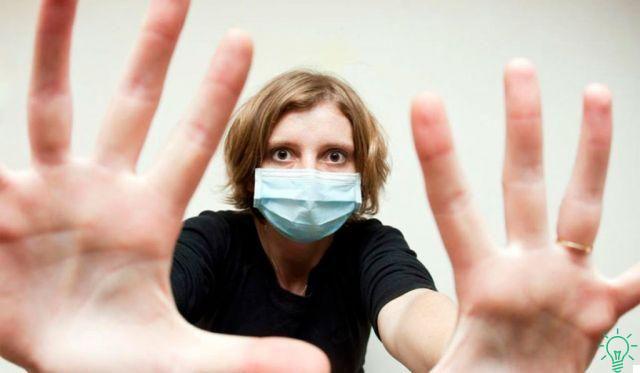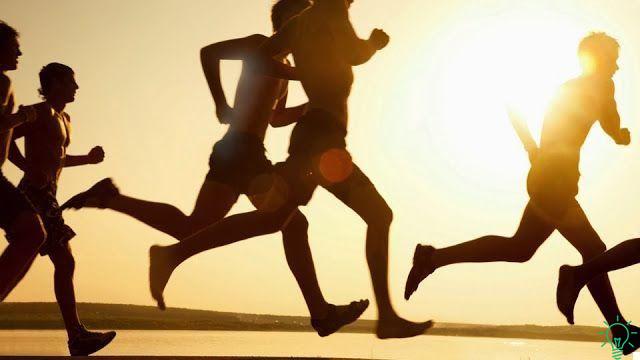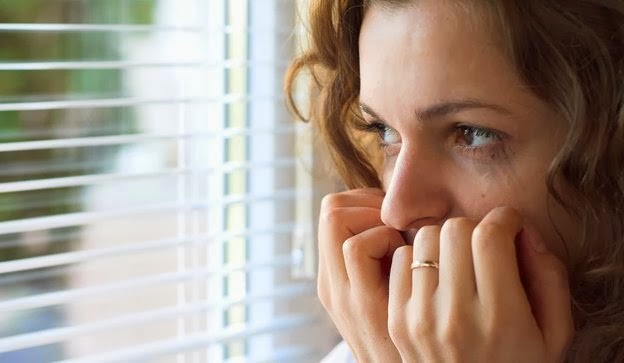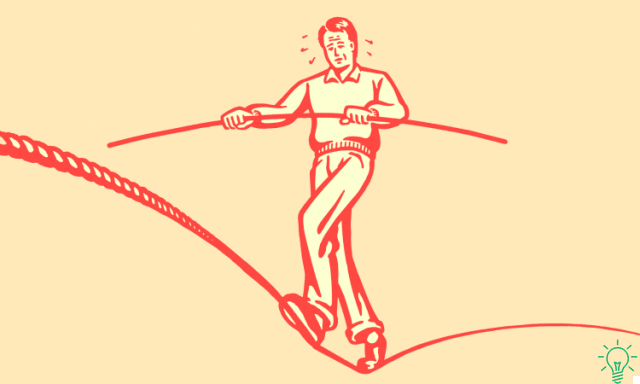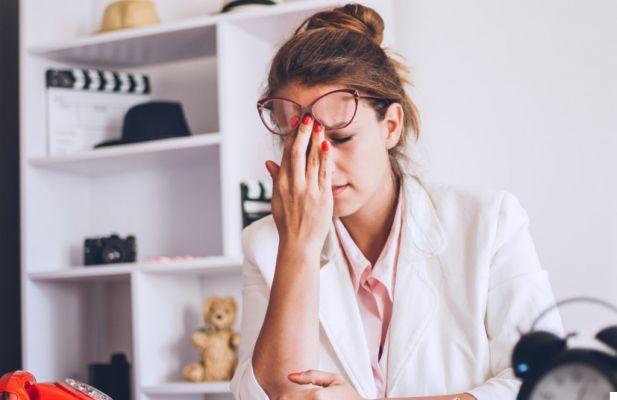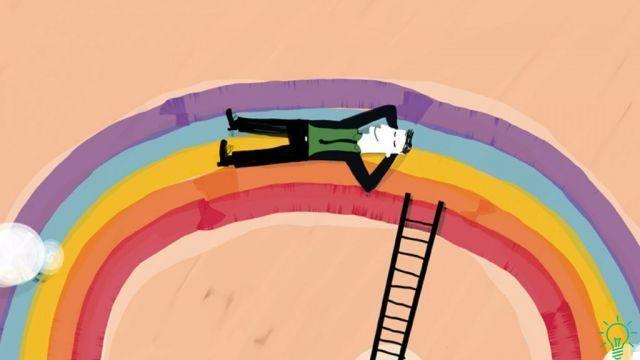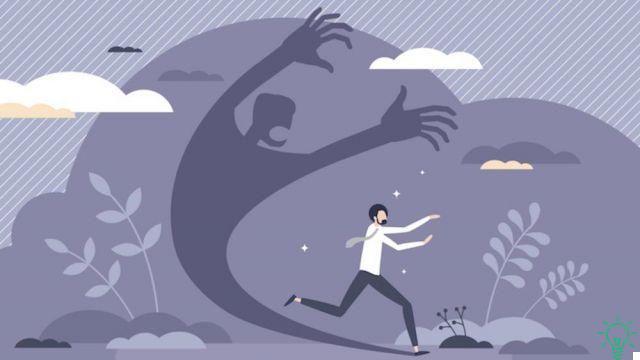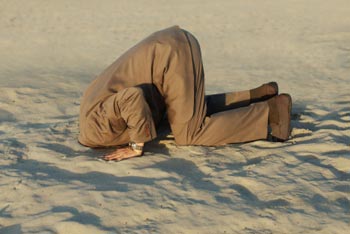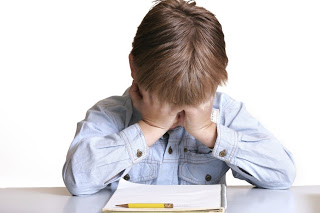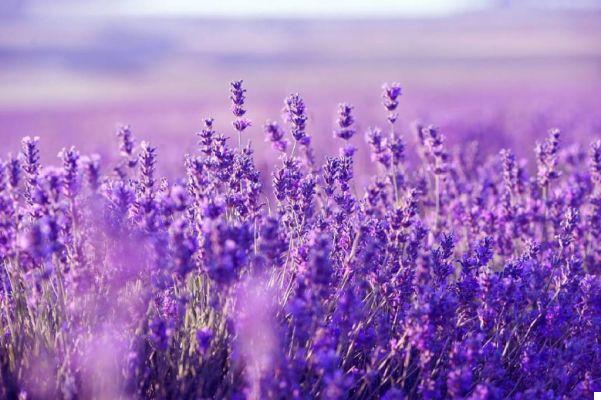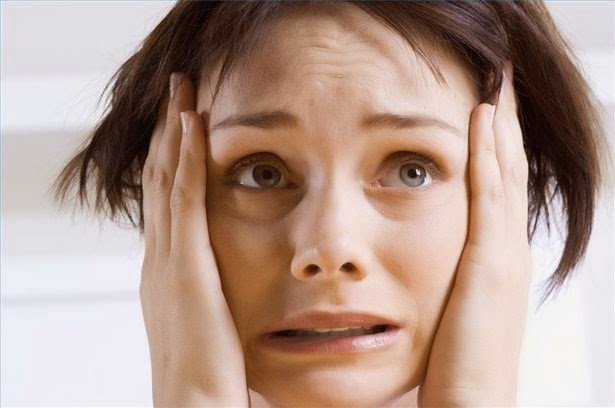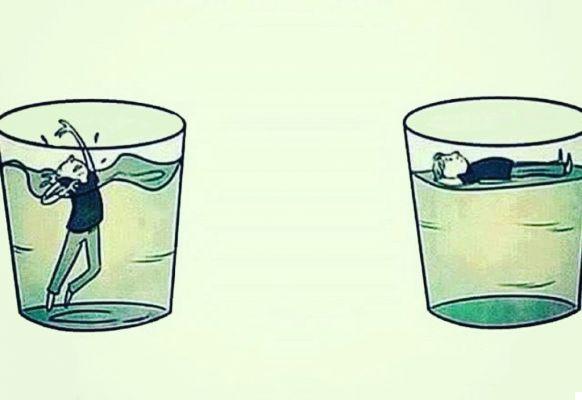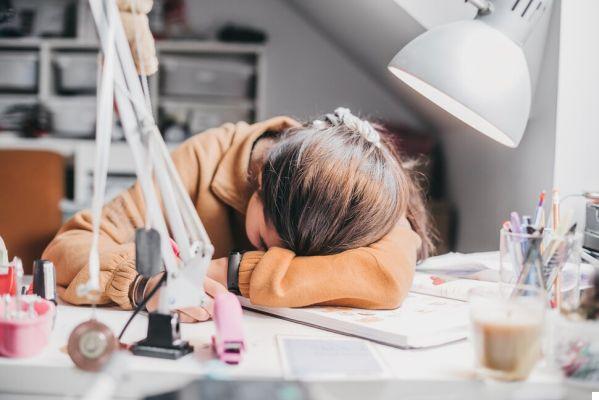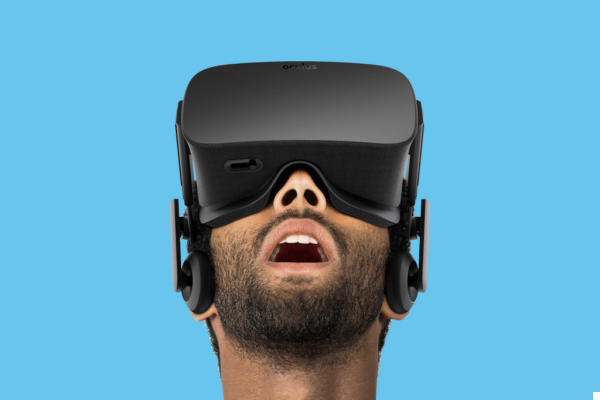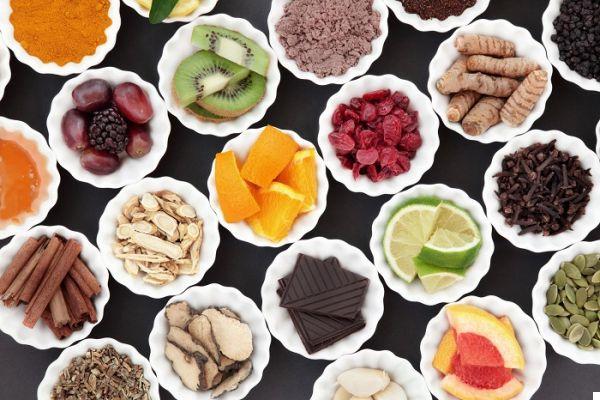
There are foods that are prohibited for anxiety and foods that help relieve it. What we eat daily not only has an impact on a physical level but also on our mood. Ludwig Feuerbach was not wrong when he said back in 1850 that "we are what we eat".
Food brings us a series of nutrients that our body breaks down and uses to perform various vital functions. The brain also needs these nutrients to produce neurotransmitters, the substances that facilitate communication between neurons, so it can benefit or be harmed by our diet.
It is true that studies on the impact of diet in mental disorders are still in their infancy, but there is more and more evidence to indicate that some food choices can increase the risk of developing problems such as depression and anxiety, while other foods can help us prevent them. appearance or to alleviate symptoms.
Of course, diet is not the ultimate "solution" for eliminating anxiety. Anxiety, like all mental disorders, is a complex problem that needs to be addressed on several fronts. However, making sure to avoid foods that worsen anxiety, especially if we are predisposed or are going through a difficult period in our life, can help us keep the stress and strain we face every day under control.
Foods that make anxiety worse
1. Snacks and industrial confectionery rich in sugars
In general, we should all avoid industrial snacks and sweets, but people with anxiety should almost completely eliminate them from their diet. The problem is that these foods are high in sugar, and sugar acts like a drug in our brain, generating the desire to consume more and more.
A meta-analysis of over 300 studies conducted at the University of Queensland concluded that sugar consumption activates the mesocorticolimbic system in a similar way to drugs. As a result, it causes neural changes that alter the way we process emotions and change behavior, reducing our ability to control impulses and aggravating anxiety.
In situations of stress and anxiety, consuming sweet foods to regulate emotions will only immerse us in a vicious circle that will make us feel worse and out of control, making anxiety worse. Therefore, we should avoid foods rich in sugars and simple carbohydrates (non-wholemeal pasta, bread and rice).
2. Coffee and some types of tea
Coffee contains caffeine, a substance that acts as a stimulant to the central nervous system. When there is already the underlying anxiety, consuming too much coffee can have an irritating effect, making us even more nervous. In fact, it can also ease panic attacks.
The problem is that caffeine increases alertness by blocking adenosine in the brain, which is what makes us feel tired, while triggering the release of adrenaline to increase energy. If the amount of coffee we consume is high, it could even induce a state of caffeine anxiety. In fact, a Cambridge University study found that excessive caffeine intake not only worsens anxiety and sleep disturbances, but "the symptoms it generates overlap with those of many psychiatric disorders."
Even some types of tea, such as black and green tea, contain a lot of theine, which has a similar action to caffeine in the brain, making it another of the foods that aggravate anxiety and whose consumption should be limited to one cup per day. day in those suffering from this disorder. Of course, all foods that contain these stimulating ingredients, such as energy drinks, should also be avoided.
3. Sausages
All foods high in saturated and trans fats, such as cured meats, sausages, industrial sweets, and many processed foods, can cause anxiety. Researchers at Yale University found that a diet high in saturated and trans fat causes anxiety and anhedonic behavior in just 16 weeks.
This study found that bad fats cause changes in synaptic plasticity that can generate maladaptive responses and difficulty managing stress, eventually triggering or aggravating anxiety. On the other hand, it has also been shown that a diet rich in healthy fats does not generate anxiety, but has a protective effect on the brain, preventing the development of neurodegenerative diseases.
4. Alcohol
Alcohol is often thought to be helpful in calming and relieving anxiety. This is not quite the case. Alcohol is one of the "forbidden" foods for anxiety. It is true that at first, alcohol causes some stress relief and helps us disconnect from problems because it is a nervous system depressant, but in the long run it will make anxiety worse.
The "tension reduction theory" suggests that anxious people turn to alcohol for self-healing, as a way to reduce inner tension. Therefore, the more anxiety we feel, the more we will drink in an attempt to alleviate it. It is no coincidence that people with an anxiety disorder are three times more likely to develop an excessive alcohol consumption disorder.
The main problem is that excessive or regular consumption of alcohol as a means of treating anxiety can be addictive. Agitation, anxiety, and panic attacks are some of the more common withdrawal symptoms. As a result, it's easy to fall into a vicious cycle that makes anxiety worse and worse. Additionally, alcohol lowers serotonin levels in the brain, which aggravates anxiety.
5. Seasoned, aged and fermented foods
It is not necessary to eliminate all fermented, cured and aged products from the diet, but anxious people should reduce their consumption. The problem is that during these processes, bacteria are produced which break down food proteins into biogenic amines, one of which is histamine.
Histamine is a neurotransmitter that, at normal levels, stimulates productivity and concentration, but when its levels rise too much it can trigger anxiety, irritability and insomnia, a study conducted at Sendai Medical University found.
One possible explanation is that histamine triggers the release of adrenaline, which is primarily responsible for activating the fight or flight response. Adrenaline can trigger a wide range of panic symptoms, such as rapid heartbeat, sweating, tremor, shortness of breath, nausea, and anxiety. Therefore, we must limit the consumption of histamine-rich foods in the weekly diet. These “forbidden” foods for anxiety include wine and champagne, fermented or smoked meat or fish, aged cheeses, canned or pickled foods, and yogurt.






